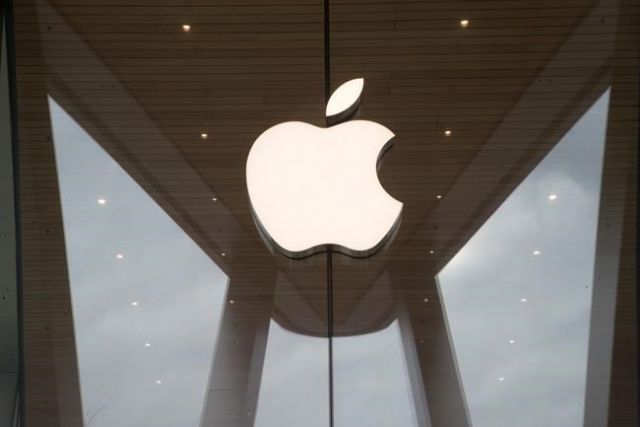Apple hoped to offset slowing demand for iPhones by raising the prices of its most important product, but that strategy seems to have backfired after sales sagged during the holiday shopping season.
Now, CEO Tim Cook is grappling with his toughest challenge since replacing co-founder Steve Jobs 7 1/2 years ago. Even as he tries to boost iPhone sales, Cook also must prove that Apple can still thrive even if demand doesn’t rebound.
It figures to be an uphill battle, given Apple’s stock has lost one-third of its value in less than four months, erasing about $370 billion in shareholder wealth.
Cook began tackling the test Tuesday with the release of Apple’s quarterly earnings report, four weeks after rattled Wall Street by disclosing the company had missed its own revenue projections for the first time in 15 years — a time when the iPod was just beginning to transform Apple.
“This is the defining moment for Cook,” said Wedbush Securities analyst Daniel Ives. “He has lost some credibility on Wall Street, so now he will have to do some handholding as the company enters this next chapter.”
The results for the October-December period were slightly above analysts’ expectations that were lowered after Cook’s Jan. 2 warning. Profit for dipped slightly to $20 billion while revenue fell 5 per cent from the prior year to $84 billion.
The past quarter’s letdown intensified the focus on Apple’s forecast for the opening three months of the year as investors try to get a better grasp on iPhone sales until the next models are released in autumn.
Apple predicted its revenue for the January-March period will range from $55 billion to $59 billion. Analysts surveyed by FactSet had been anticipating revenue of about $59 billion.
Investors reacted positively, elevating Apple’s stock by more than 4 per cent to $160.40 in extended trading after the report came out.
“While it was disappointing to miss our revenue guidance, we manage Apple for the long term, and this quarter’s results demonstrate that the underlying strength of our business runs deep and wide,” Cook said in a statement.
The company didn’t forecast how many iPhones it will sell, something Apple has never done since the product first hit the market in 2007 and transformed society, as well as technology.
What’s different now is that Apple is no longer disclosing how many iPhones it shipped after the quarter is completed, a change that Cook announced in November. That unexpected move raised suspicions that Apple was trying to conceal a forthcoming slump in iPhone sales — fears that were realized during the holiday season.
Cook traces most of Apple’s iPhone problems to a weakening economy in China, the company’s second biggest market behind the U.S. The company is also facing tougher competition in China, where homegrown companies such as Huawei and Xiaomi have been winning over consumers in that country with smartphones that have many of the same features as iPhones at lower prices.

